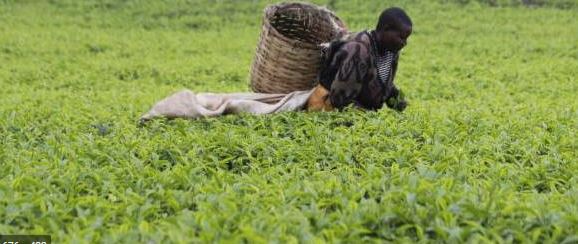
FILE PHOTO: Man plucking tea
Fact‑first reporting that puts you at the heart of the newsroom. Subscribe for full access.
- Unlimited access to all premium content
- Uninterrupted ad-free browsing experience
- Mobile-optimized reading experience
- Weekly Newsletters
- MPesa, Airtel Money and Cards accepted
